Tributes pour in for legendary singer Papia Sarwar
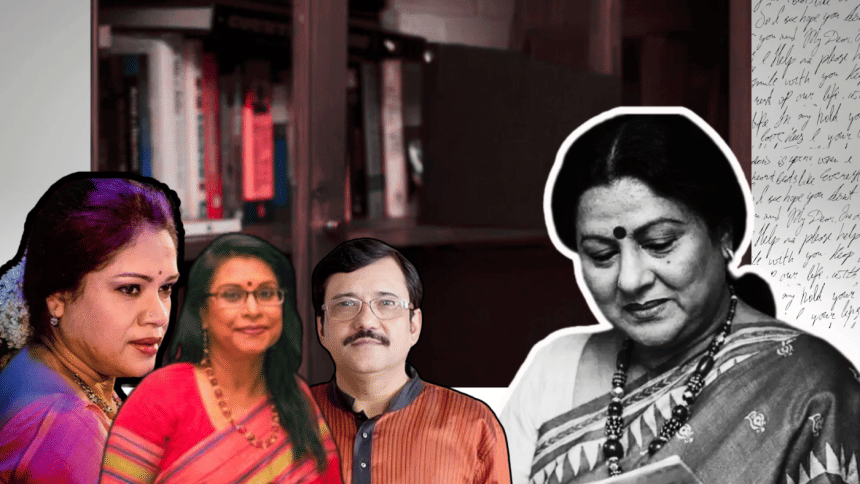
Papia Sarwar, one of the celebrated singers in our country, passed away on Thursday morning at 8am in a private hospital in Dhaka. Having been hospitalised for several days, her condition deteriorated, leading to her being placed on a ventilator.
On Wednesday morning, the ventilator support was removed, marking the end of her remarkable journey.
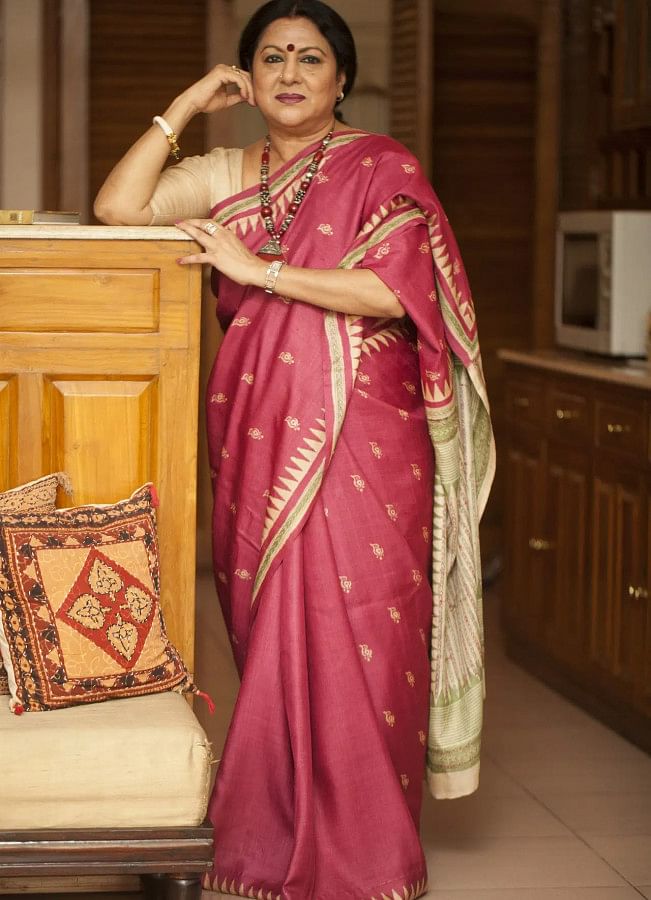
As news of her passing spread, tributes poured in from colleagues, admirers, and peers who remembered her not only as an extraordinary artist but also as an exceptional human being.
Renowned Rabindra Sangeet exponent Rezwana Choudhury Bannya recalled her first meeting with Papia Sarwar in 1975. At the time, Papia—then known as Papia Rahman—was a third-year student at Sangit Bhavana (Institute of Dance, Drama, and Music) at Visva-Bharati University, Santiniketan, where Bannya had just begun her musical journey.
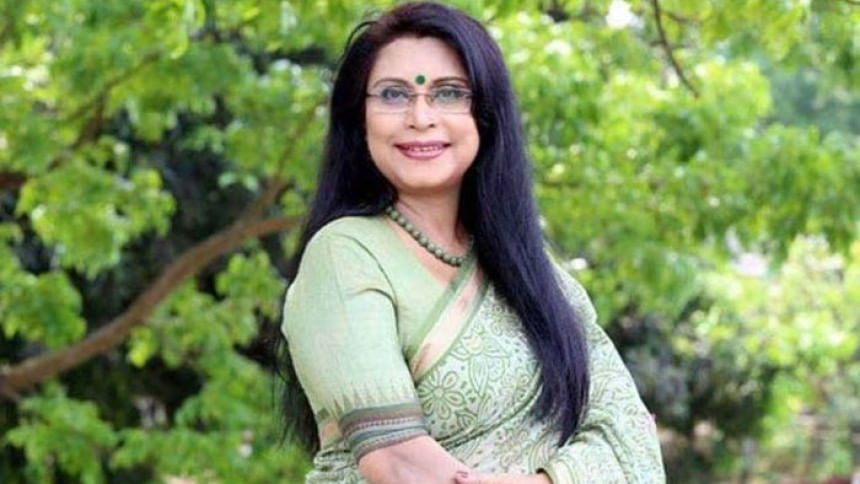
Reflecting on their early encounters, Bannya fondly remembered Papia's unique singing style and distinctive fashion sense. "From the very start, Papia stood out," Bannya shared. "She was exceptional, even back then."
Bannya also reminisced about the bond they shared, noting the profound influence Papia—affectionately known as "Pappu Khala"—had on her life. "When Papia graduated and returned to Bangladesh, she began her career as a professional singer," Bannya said. "She had a distinctive way of practising riyaz, which we juniors tried to emulate."
Papia's passing has left a deep void in Bannya's life. "Even though I knew she had cancer, her passing feels too soon," she admitted, mourning the loss of a mentor, friend, and guiding force.
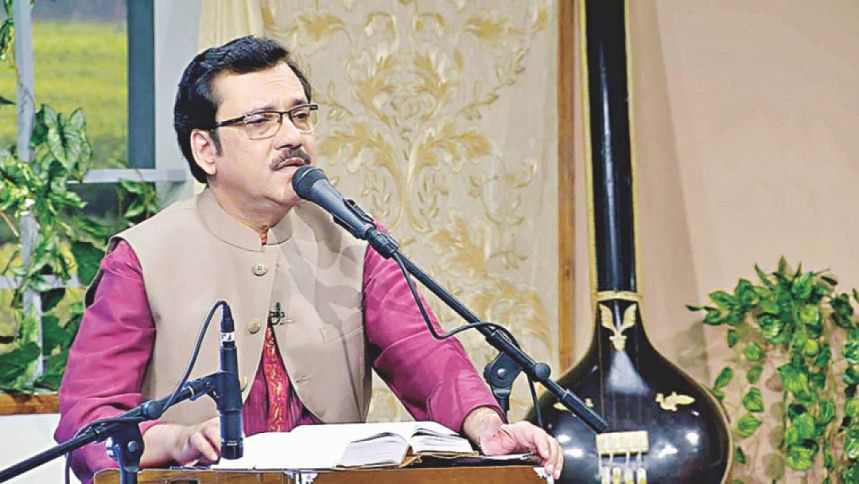
For veteran artiste Tapan Mahmud, Papia's legacy goes beyond her musical brilliance. "Despite being one of the country's top artistes, she remained incredibly grounded," he remarked.
"Her contributions to shaping a distinctive style of Rabindra Sangeet in Bangladesh are unmatched. She was versatile, excelling in Rabindra Sangeet, Nazrul Sangeet, and modern Bengali music. Her passing is an enormous loss to Bangladesh's cultural landscape."
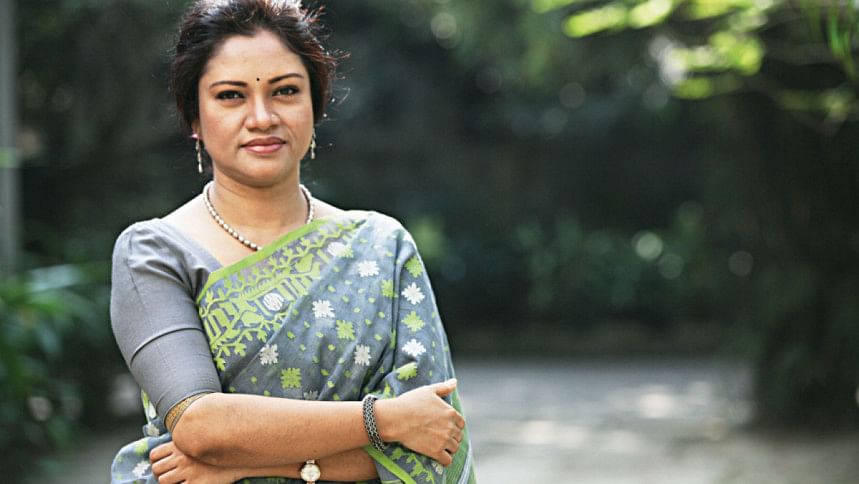
Singer Adity Mohsin, who grew up listening to Papia's classics, expressed her admiration. "I don't dare to evaluate someone as remarkable as Papia Sarwar, but as a listener, I can say she was phenomenal. Her songs, such as 'Phule Phule Dhole Dhole,' 'Hridoyer Ekuul Okul Dookool Bheshe Jaye,' and 'Ami Hridoyer Kotha Bolite Byakul,' are etched in my memory," she said. "Her modern songs, like 'Nai Telephone, Naire Piyon,' were also immensely popular."
Adity also praised Papia's kindness and generosity. "She was gentle, modest, and always encouraging younger singers, treating them with warmth and affection. She was truly extraordinary."
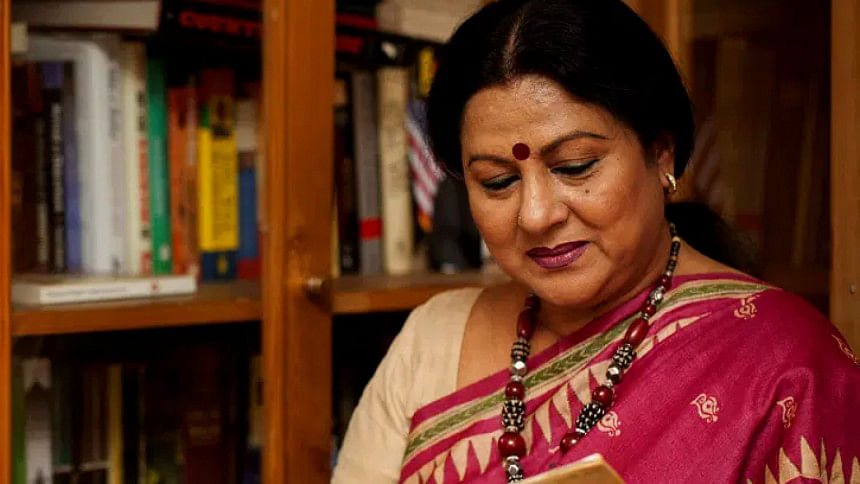
Papia Sarwar's legacy extends far beyond her performances. As one of the first Bangladeshi artistes to study Rabindra Sangeet in Santiniketan after the country's independence, her journey from a young student to a cultural icon exemplified her dedication to music and her commitment to preserving Rabindranath Tagore's compositions.
Her influence will endure not only through her timeless songs but also through the countless artistes she mentored and inspired. As Adity Mohsin remarked, "Papia Sarwar was not just an artist; she was an integral part of our cultural history and a trailblazer for future generations."
Papia Sarwar's contributions to music, culture, and society will resonate for generations to come. The revered singer will be laid to rest today after Friday prayers at Banani Graveyard.

 For all latest news, follow The Daily Star's Google News channel.
For all latest news, follow The Daily Star's Google News channel. 

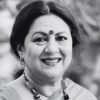
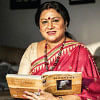



Comments